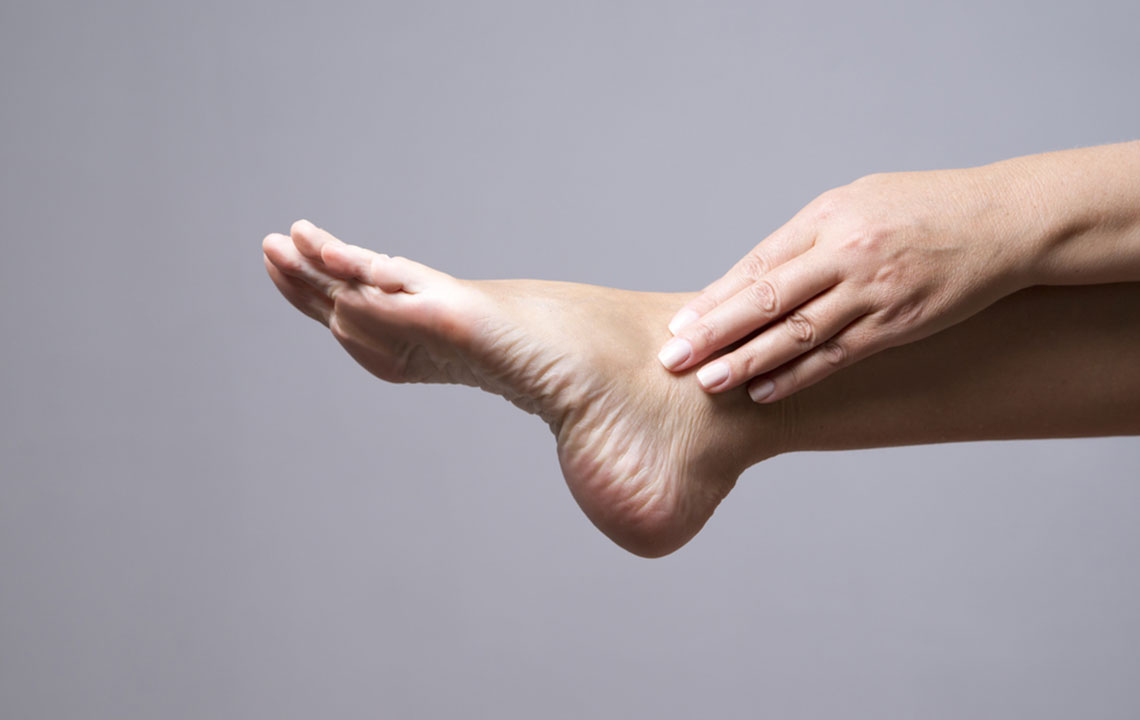Common Reasons Behind Thigh Discomfort and Pain
Thigh pain can stem from various causes including nerve compression, blood clots, muscle strains, or lifestyle factors. Recognizing symptoms early and seeking medical advice is crucial, especially if home remedies fail. Understanding the underlying reasons helps in effective management and prevents complications such as blood clots or nerve damage. Maintaining an active lifestyle and managing underlying health conditions can significantly reduce thigh discomfort and improve overall limb health.

Common Reasons Behind Thigh Discomfort and Pain
Thigh pain is a frequent complaint that can range from a burning or aching sensation to more severe discomfort. Sometimes, persistent thigh pain may signal underlying health issues. Symptoms like itching, difficulty walking, numbness, or tingling should not be ignored. If pain occurs suddenly and home treatments like ice and rest don’t provide relief, consulting a healthcare professional is essential.
Causes of Thigh Discomfort
Meralgia Paresthetica: Compression of the lateral femoral cutaneous nerve leads to burning, numbness, and tingling, usually affecting one side of the thigh.
Diabetic Neuropathy: Uncontrolled diabetes can cause upper thigh pain, along with symptoms like numbness, difficulty walking, and muscle wasting. Managing blood sugar levels can help alleviate some symptoms.
Blood Clots (DVT): Blood clots in major veins may cause warmth, swelling, pain, and a bluish skin tint. DVT is life-threatening as clots might travel to the lungs, causing pulmonary embolism.
Muscle Strains: Hamstring strains can cause soreness, swelling, pain, weakness, and spasms. Rest, ice, and anti-inflammatory medications can aid recovery, but persistent pain requires medical attention.
Hip Flexor Strain: Overuse injury leading to thigh or hip pain, tenderness, and swelling. Symptoms often include pain during stretching and muscle spasms.
Sedentary Lifestyle: Excessive sitting weakens muscles and causes chronic thigh pain, often related to poor activity levels.
Thigh discomfort may result from lifestyle habits, nerve damage, or injuries. Chronic pain that doesn’t improve with home care warrants medical evaluation to prevent worsening conditions and ensure proper treatment.










